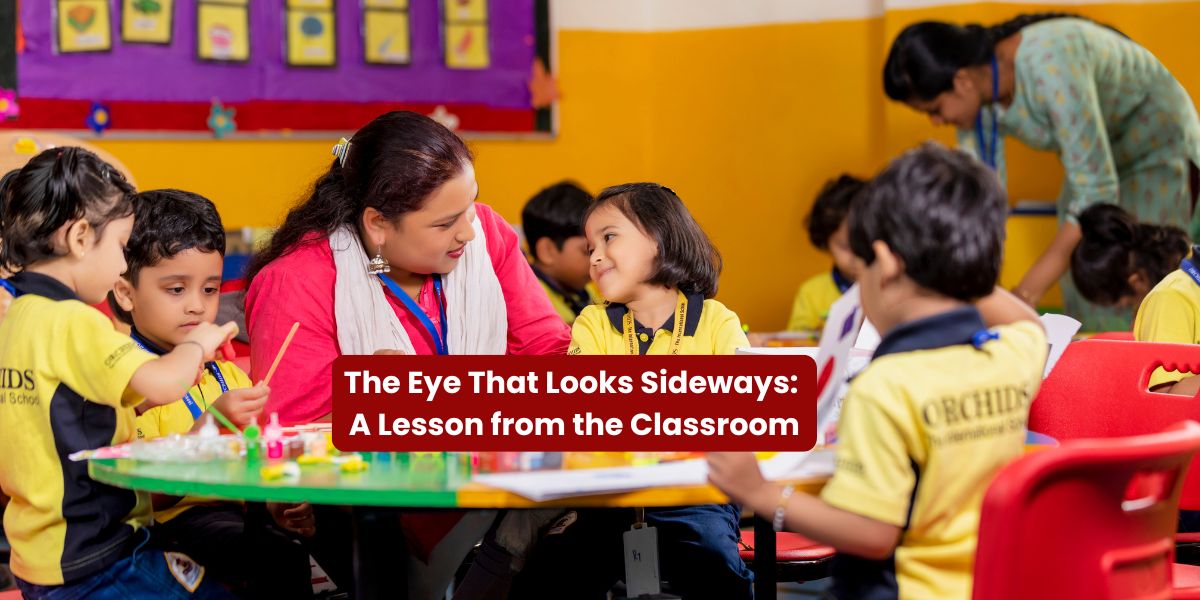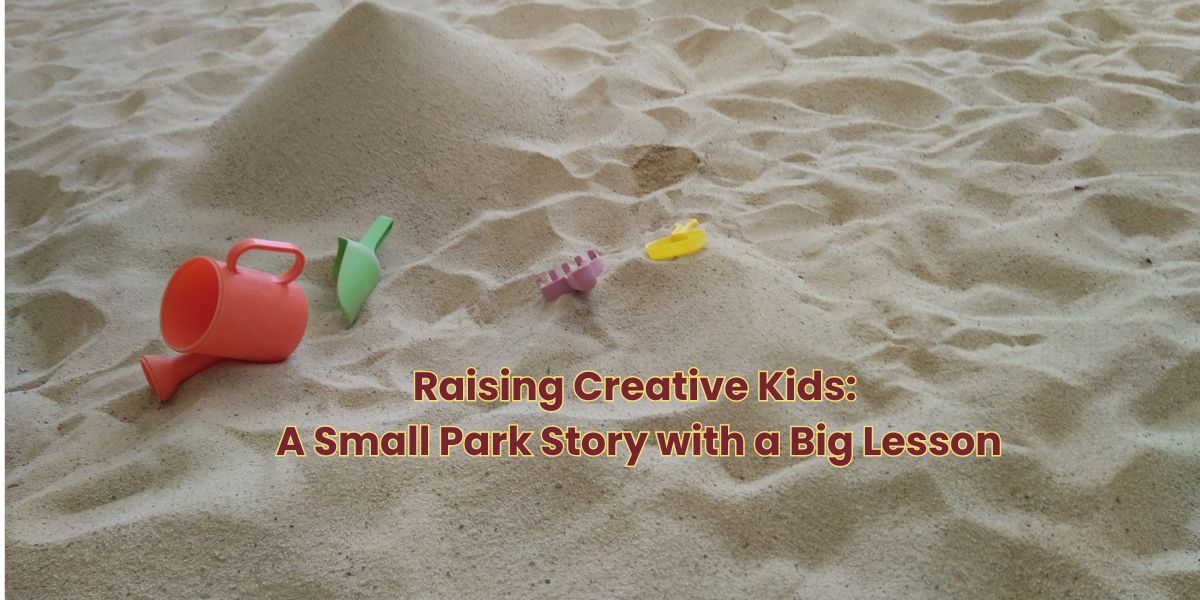
The Eye That Looks Sideways: A Lesson from the Classroom
The Eye That Looks Sideways: A Lesson from the Classroom
By Sridevi Srinivasan
During a recent parent workshop, I spoke about something we, as educators, quietly witness every day in classrooms — the impact of comparison.
I shared how children who are constantly compared at home begin to carry that burden into the classroom. It’s not always obvious at first. But then, something small gives it away.
When a teacher asks a question in class, these children — the ones used to being compared — often don’t look inward for an answer. Instead, they glance sideways. Their eyes go searching for that one child — the one they’re always measured against. Their parent’s “perfect child.” The one who’s always getting things “right.”
It’s painful to witness.
Because in that moment, the child isn’t wondering, What do I think?
They’re wondering, What would they say?
Not What did I learn? but Did I do better than them?
As an educator, I gently interrupt this pattern.
“Don’t look at anyone else,” I say.
“Look within. I want to hear your answer. Even if it’s wrong — it’s still yours. And that’s what makes it valuable.”
While I was sharing this in the session, a parent raised her hand. She looked thoughtful. Then, she shared a story that touched everyone in the room.
“Ma’am, what you’re saying is so true,” she said. “Something happened that really made me realise how my words affected my daughter.”
She explained that after one test, when her daughter showed her the answer paper, she asked,
“Who got the first mark?”
Then added, “If that girl can do it, so can you.”
Her intention was to motivate her child — to inspire her to aim higher.
But after the next exam, her daughter came home with a lower score.
This time, before her mother could say a word, the child quickly said,
“Mom, don’t worry. Even the girl who got first mark got the same mark as me.”
That moment was a revelation for her. Her daughter wasn’t thinking about what she had learned or how she could improve. She was focused on comparison. That’s what she thought would make her mother feel okay.
Let that sink in.
The child had internalized that her worth depended on someone else’s performance. That matching someone else’s marks would keep her parent proud — or at least, not disappointed.
“Don’t compare your child to others. There’s no comparison between the sun and the moon. They shine when it’s their time.” — Unknown
Dear parents,
Do we realize how comparison silently eats away at a child’s confidence?
How it teaches them, again and again, that they are not enough as they are?
That someone else — a peer, a classmate — is better, smarter, more worthy?
What are we truly teaching them when we compare?
We need to shift our focus. We need to stop raising children who are always looking around for validation — and start raising children who look within for strength.
So the next time your child brings you an answer sheet, take a moment.
✨ Sit beside them.
✨ Look at the paper with them.
✨ Don’t ask who got the highest marks. Instead, ask:
- “What did you learn from this test?”
- “Which parts did you enjoy?”
- “Where do you think we can do better next time?”
Check what they misunderstood.
See what they’ve missed.
Then, gently guide them toward the right path — not with pressure or shame, but with patience and encouragement.
“Children are not things to be molded but are people to be unfolded.” — Jess Lair
Let your child know that you are more interested in their progress than their performance.
That their effort matters.
That learning is a journey, not a race.
That they are enough, exactly as they are.
Together, let’s build children who are curious, courageous, and confident — not because they’re better than someone else, but because they are becoming the best version of themselves.



